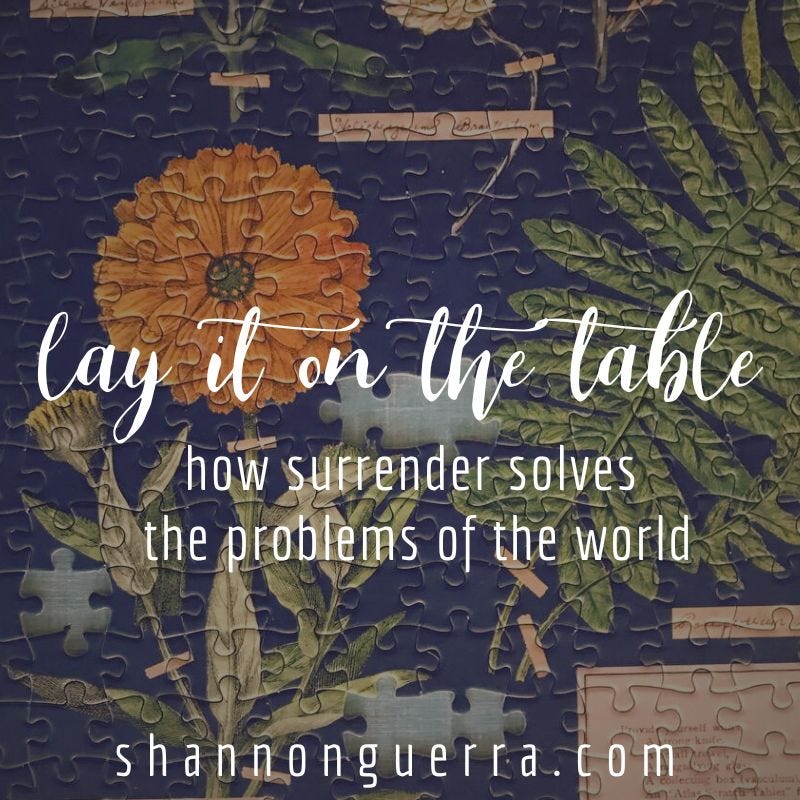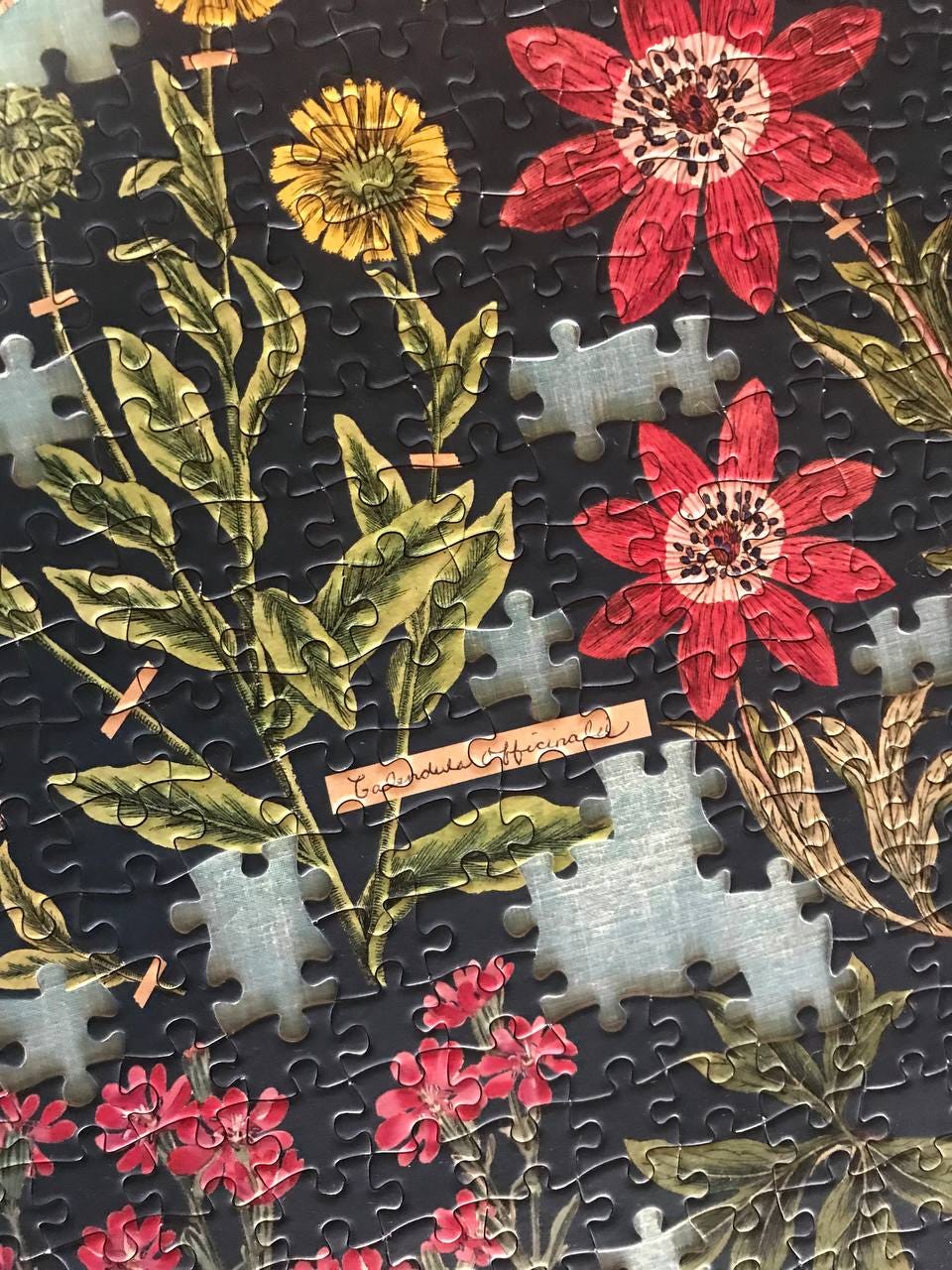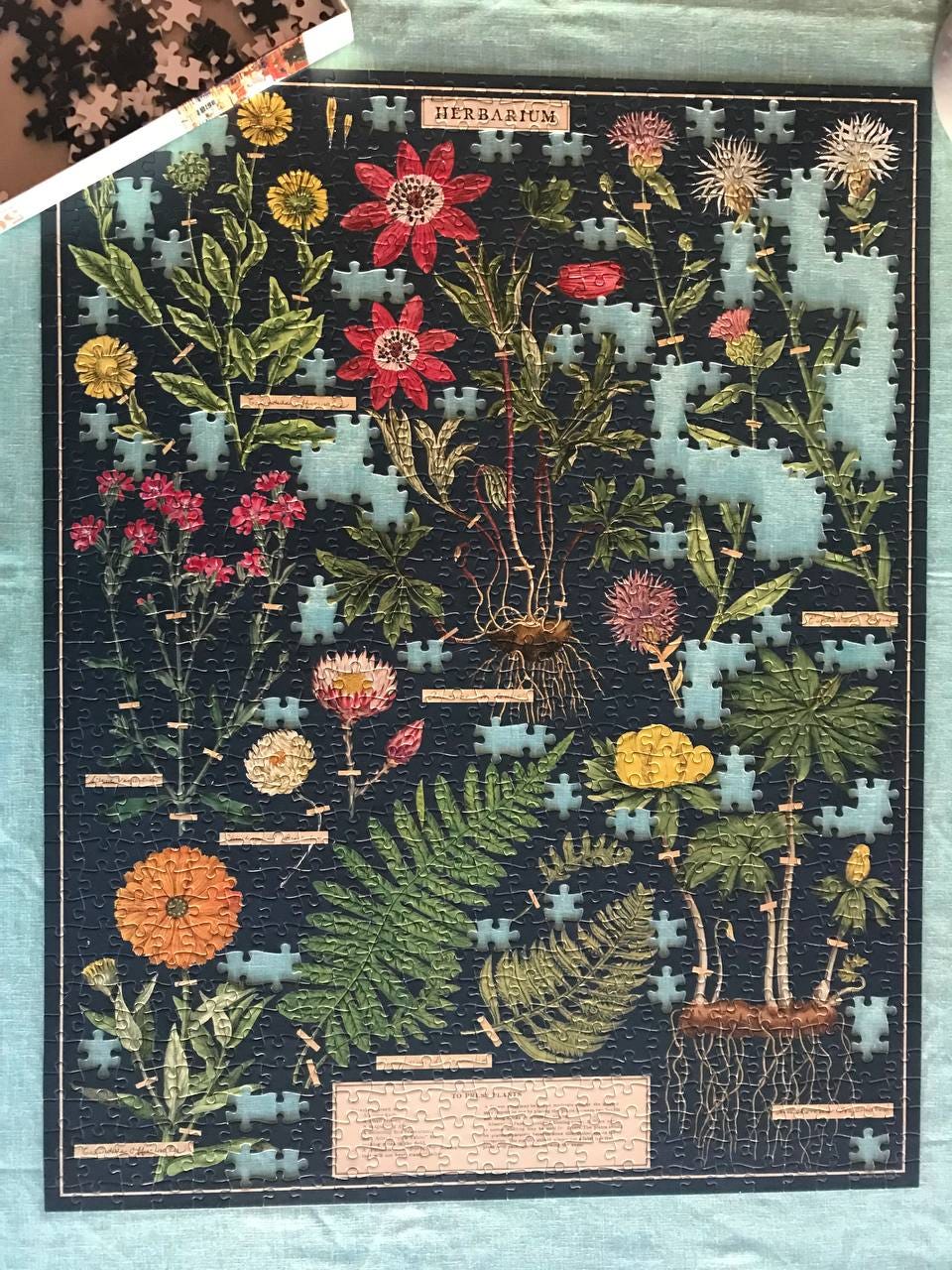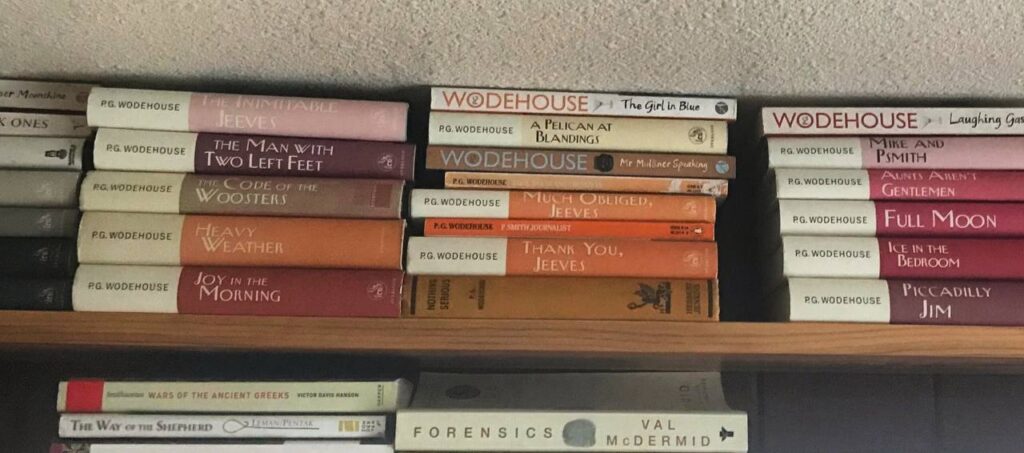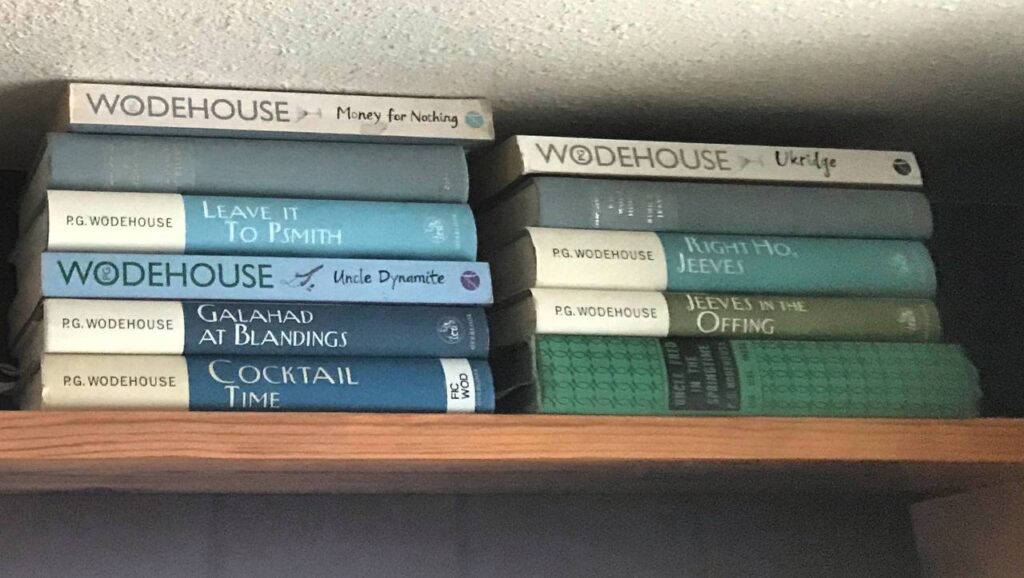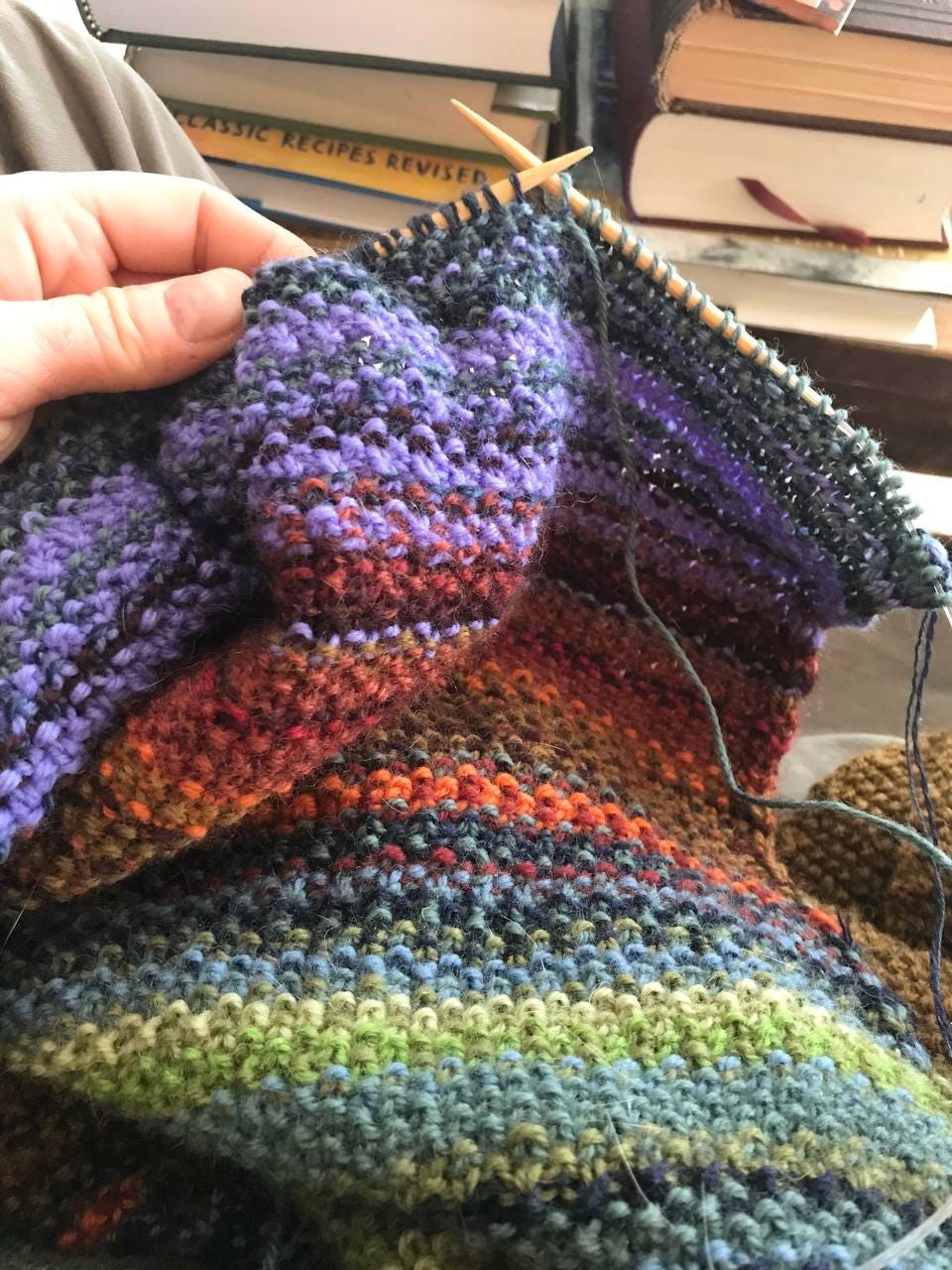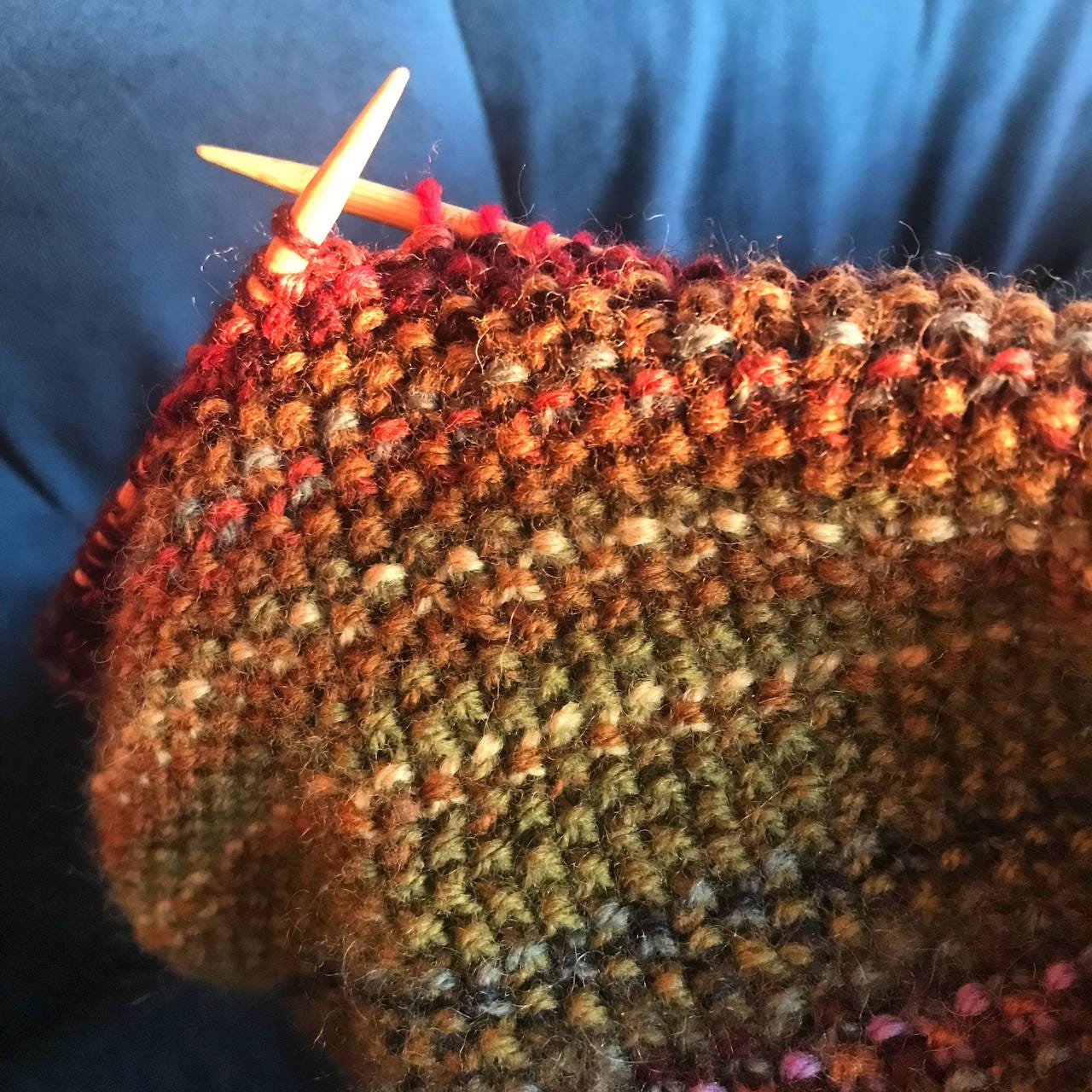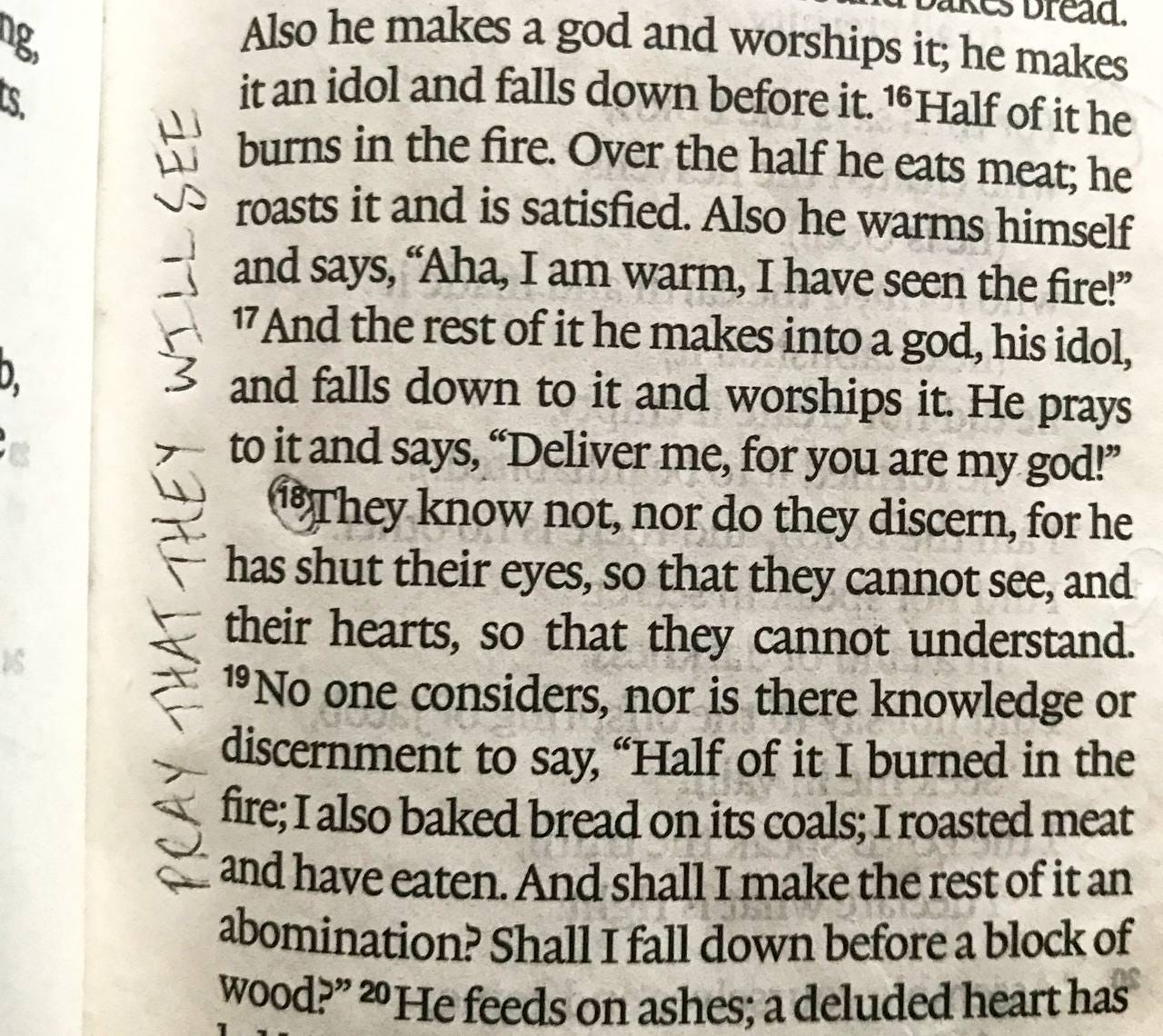The cars went up and down the highway, headlights and taillights flickering through the trees. Dusk hits lately around 4 pm, and on this side of the window, my journal was open to page 360-something. I wasn’t sure what to write but I wrote anyway, words about mundane things, hoping something would spark – a theme, an idea, an analogy, a memory of something funny or profound. Just kept the pen moving, pushing it across the lines, because something usually reveals itself.
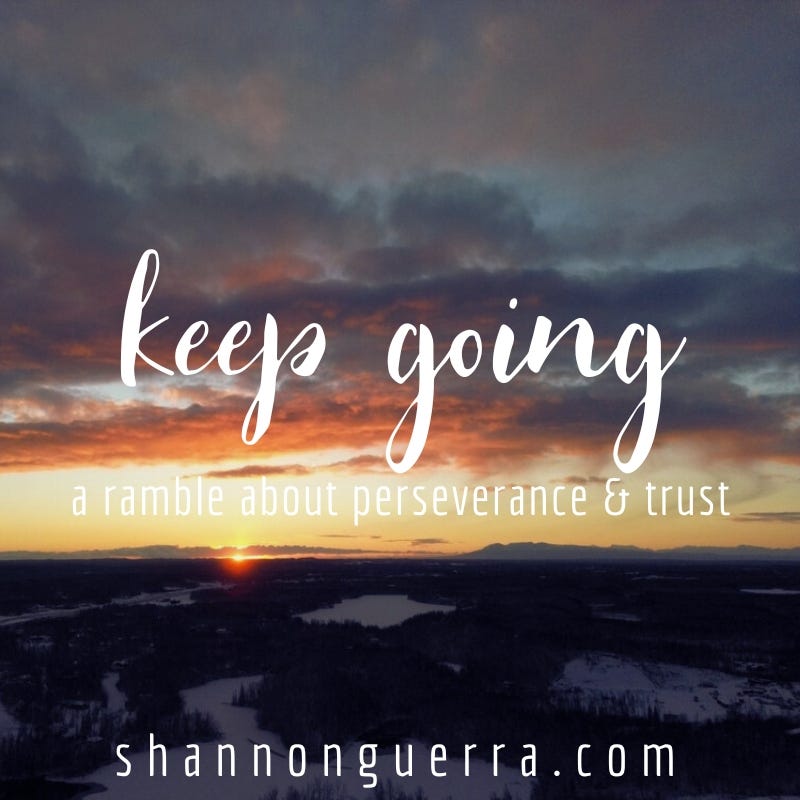
I started this journal toward the end of 2020 and there’s only fifteen or so pages left. Every page doesn’t have to be profound, just like every day of life doesn’t have to be filled with something wildly spectacular. The slow, quiet, routine days are where most of our living is done.
So this journal entry, like the day, was meat and potatoes: books I’m reading, the project I’m working on, what we were planning to do that evening. A headline or two of what’s going on in the world. Nothing exciting but the ink filled the page, and some of it was even legible, so that’s a plus.
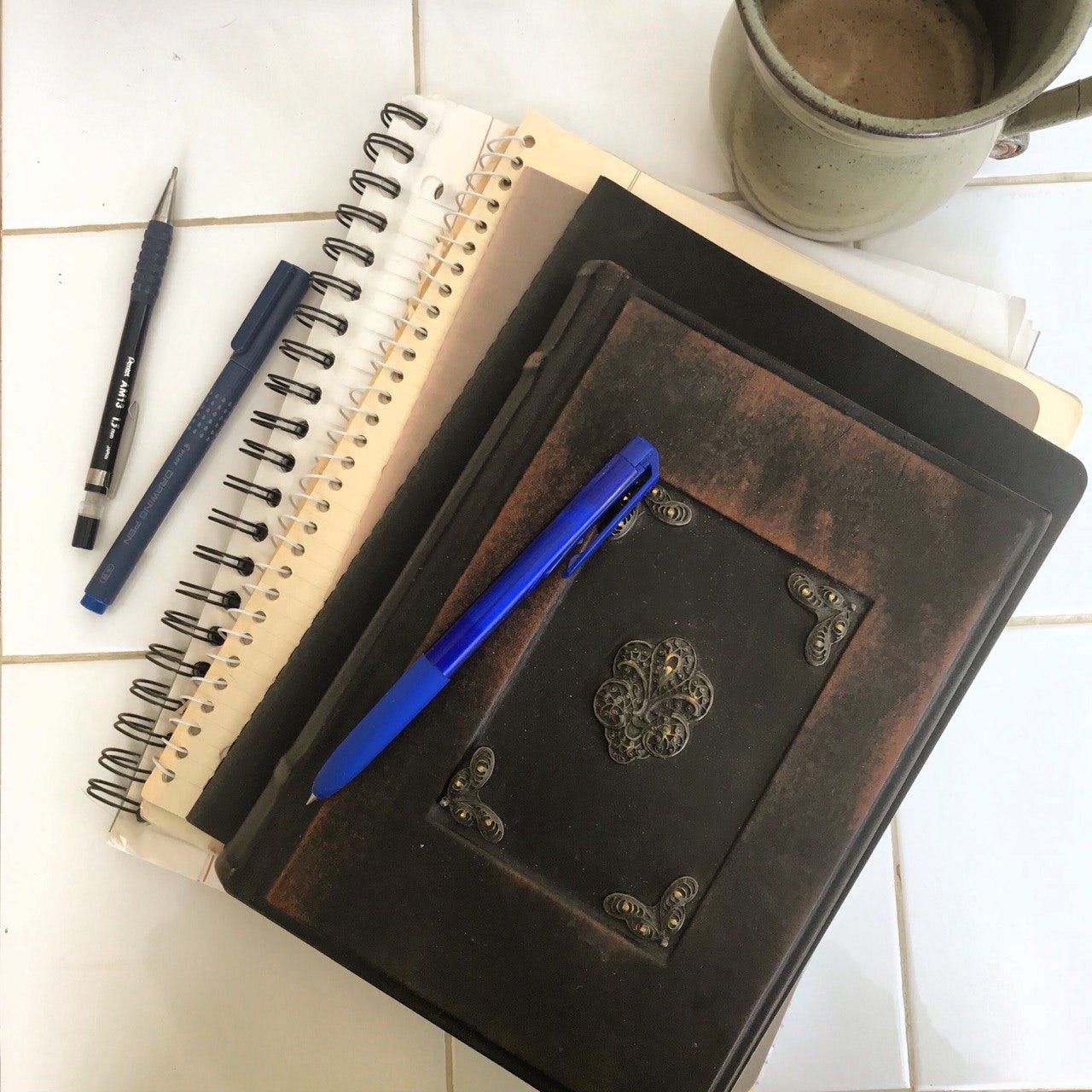
It’s the little things, and our attention to them, that really do add up. Like yesterday, when I put a few extra minutes into cleaning the kitchen – did anyone notice the front of the dishwasher wasn’t as streaky? Or that the dust inside the oven was cleaned out? (How do ovens get dust inside them, anyway?) Or that the stovetop was clean? Probably not. (Which is why I’m writing about it so I can get credit, she smirked.)
Those small things are so encouraging to me though, whether anyone else notices them or not. I like clean spaces – just don’t look at my desk – and haven’t always had the margin to notice and take care of those details. I look back on that other season where the air was thick, the noise was loud, and there were so many demands that sometimes only the absolute top-of-the-top priorities, like meals and safety, were taken care of. I can now see how I put figurative blinders on in certain areas, willfully ignoring many peripherals, because there were already too many essentials. It’s amazing how many essentials become peripherals when you’re in survival mode.
I remember telling a friend, a fellow adoptive mom, that I felt like I had some sort of survivor’s guilt as we began to walk out of that other season and into this one. Vin started working with me from home and we could tackle the demands together. There was less chaos, more sleep, and time to process. The kids were bigger and the special needs were less volatile. I had survived, was surviving; we had all made it and were slowly working back toward equilibrium even though we had no idea what that actually looked like anymore because so many things had changed. How do you rest and let go after years of trauma and hypervigilance? How do you know it’s really safe?
I didn’t have to be so strong anymore, and I wasn’t sure that was actually forward progress.
But he said to me, “My grace is sufficient for you, for my power is made perfect in weakness.”
– 2 Corinthians 12:9a
I felt guilty because there was a sense of ease I hadn’t experienced in years, but many parts of myself and our family had died in the process of getting there. Yes, we survived – but so many other things didn’t.
It was like we had made a trade but had no say in the details of the transaction, and the deal didn’t seem fair. It was too good in some ways, too hard in others.
That was three journals and several years ago, and I still don’t understand it; I’m obviously still working my way through it.
In many ways it’s best to not look too close. When we look at those details it can quickly lead to a naval-gazing, toxic cocktail of blame and regret. We have to surrender the past, the decisions we made and others made, and trust that God knows what to do with them. He knows what to do with each of our hearts in all the dynamics of memories and current choices and loss and grief and ideas of how things should have been, and the distance between that and how they actually happened.
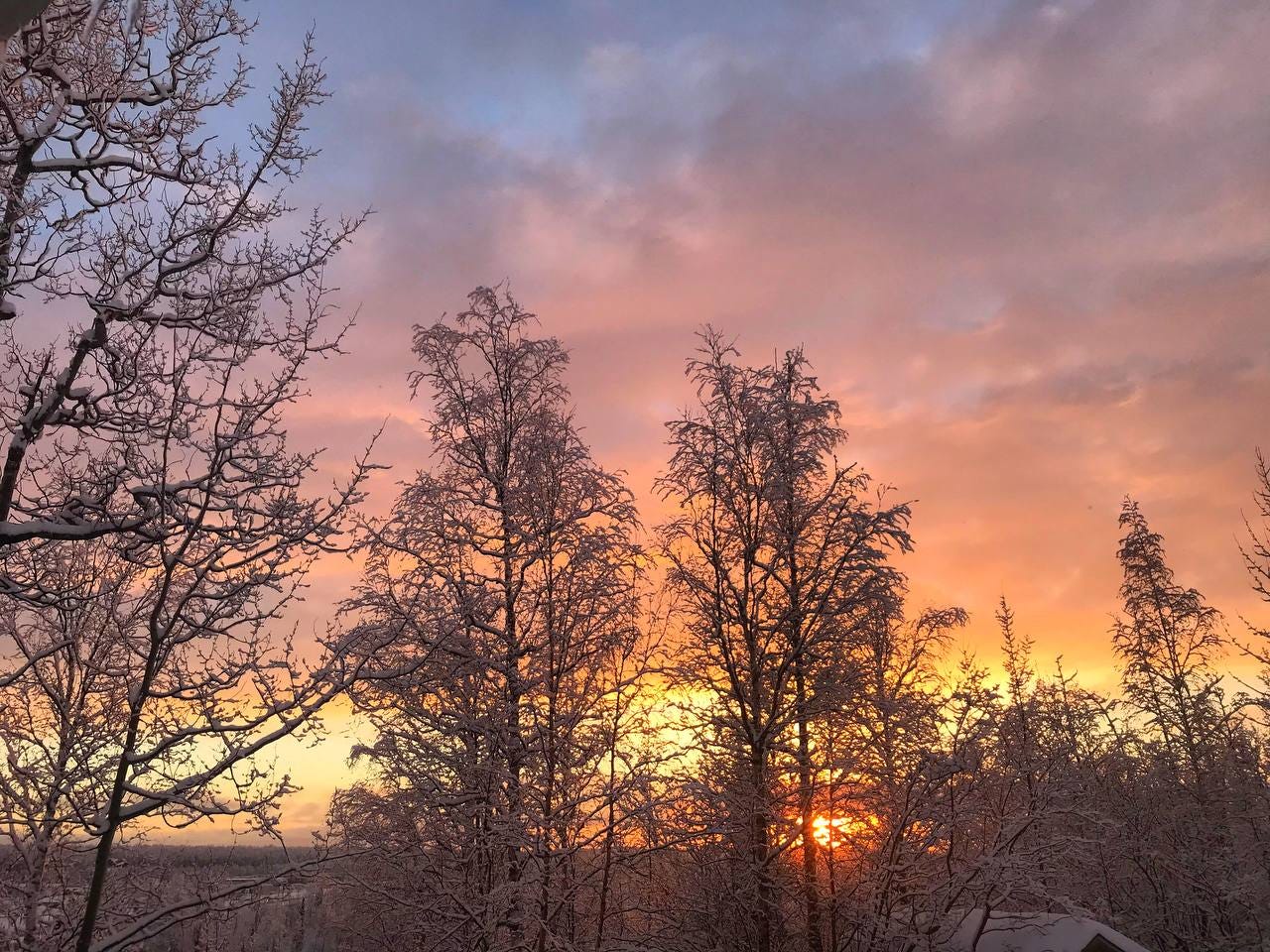
So many details are still being worked out. So if it doesn’t look like that yet, don’t linger; keep going. He’s going to show us how those years resulted in honor instead of dishonor; beauty, not regret; healing and growth in the place of trauma and immaturity. Gain instead of loss.
He’s doing it. We don’t have to understand how that’s possible anymore than we know the starting place or destination of all the cars on the highway. And this, too, is surrender.
Vin and I sat on the couch the other night looking at a list of dreams we made a little over three years ago. The challenge was to write a hundred of them but we only got to thirty, and upon review, we’ve accomplished five so far. Publish Risk the Ocean. Finish book #4 in series. Replace the Stagecoach. A few other items were no longer dreams and we crossed them out, then added some more. Healing for my hand. Find a great assisted living situation for Andrey. And after editing, the list had only grown to 36. So it appears we need to work a little harder on this dreaming thing.
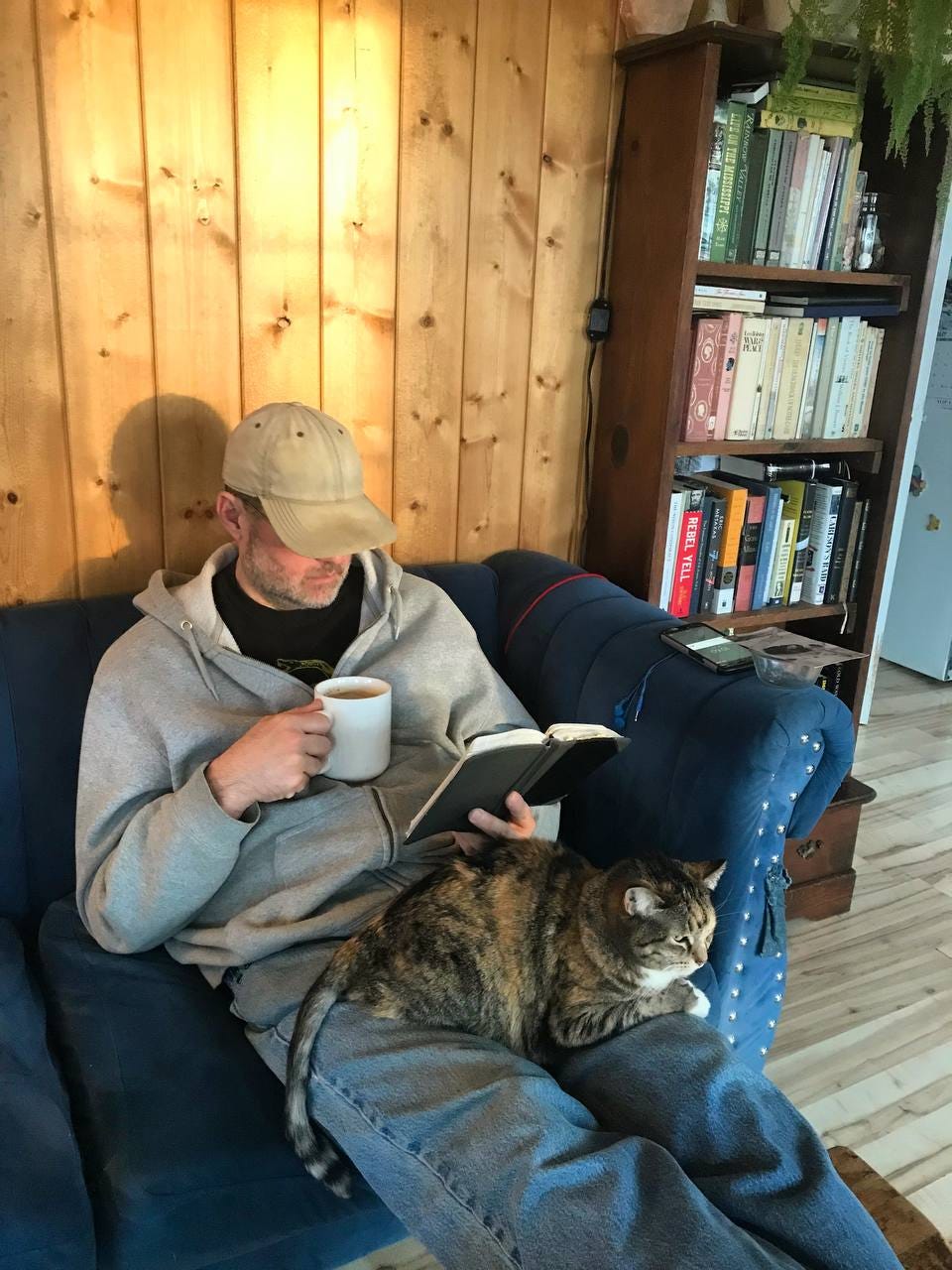
Some of the dreams, though, I don’t want to define. I don’t want to name them because they’re still too fuzzy and I don’t want to shoot in the dark, committing something to paper that I’ll have to cross out later. I have books without titles, ideas without structure, colors but no outlines. Or maybe it’s the other way around. And I feel like answers in many areas are on the way, but meanwhile there’s this strong sense of plodding on steadfastly, determinedly, knowing that the Lord is leading and the answers will come in time. Maybe sooner than we think. So we continue to invest, and not bury, the talents, while we wait for clarity to come.
In the beginning of this season – I think it’s still this season, at least; the one where we transitioned out of dark chaos and into a lighter, brighter version of chaos – we unexpectedly got pregnant and had Kavanagh around the same time friends our age were becoming grandparents. That was about six years ago and we were feeling the full range of parenthood with an adult kid out of the house, a high schooler, three 13-year-olds, an elementary schooler, and the two littlest littles, toddler and infant. Never would I have guessed this would be my life twenty years earlier. Or ten years ago. Or five years ago.
But it’s so good. I mean, mostly, of course – not perfect, and there are plenty of things that are expletive-worthy at times (we call this “writing material” in our house) – but overall, it’s so good.
During that other season, I didn’t know things could be good again. And I’m so glad I made it through to this side. I wish I could’ve told myself how good it would be. So instead, if you’re in that dark, painful place, where you never thought you’d see yourself, I’ll tell you: Give it a few years, friend. Or, just give it a week. And then another, and another.
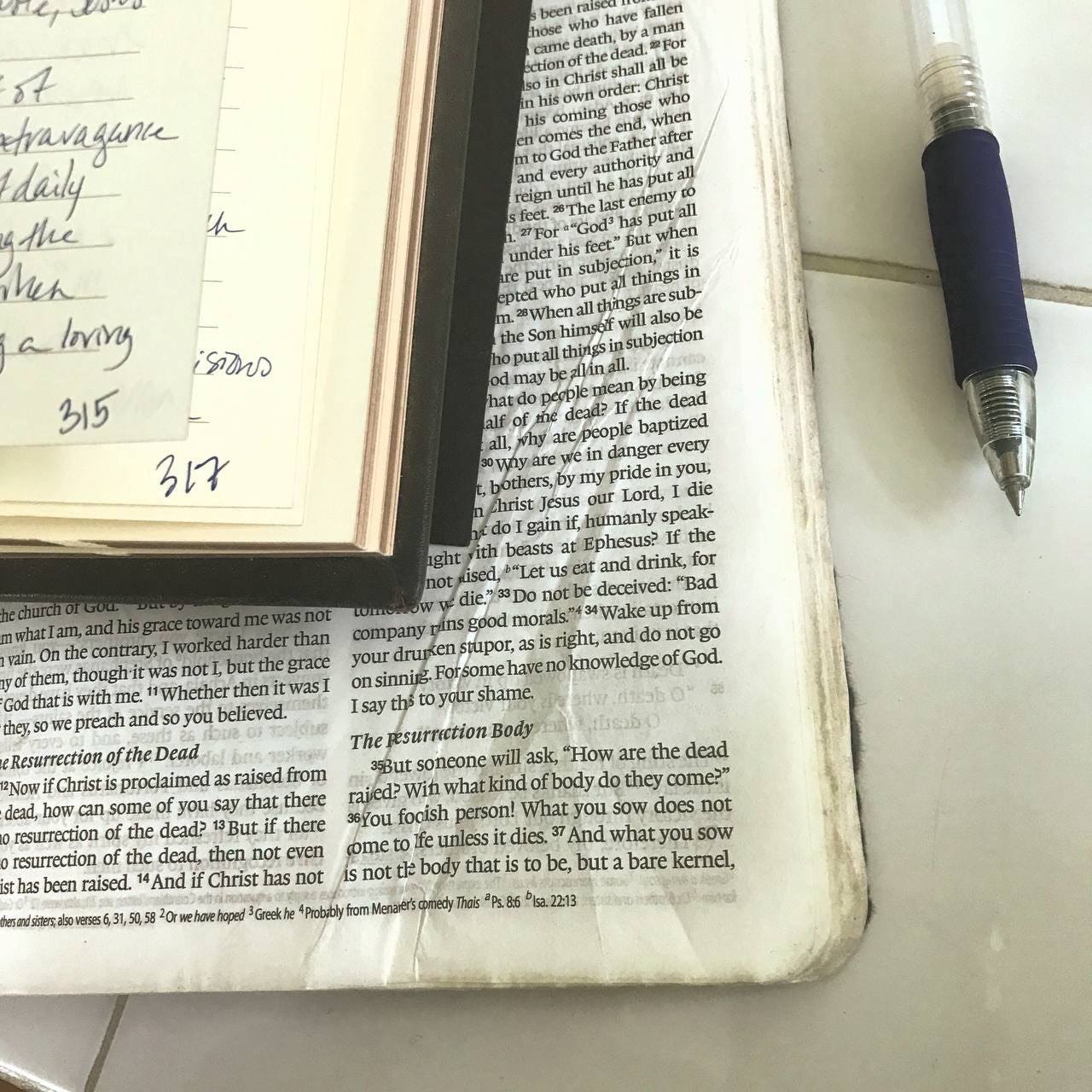
Keep pushing the pen and filling those pages.
You can do this. Cling to Jesus and keep going forward. So much good is on the other side of steadfastness.
Also last week – I think it was around the same day we were working on our list of dreams, but it was definitely the same day I was journaling without knowing what to write about – I had to take all the kids to an appointment. And even though most of our kids are older now I still don’t miss those days of a small child screaming in the back of the vehicle loud enough for other cars to hear as we drive past them on the Parks Highway.
I mean, it’s been ages since that last happened…I think it was last September? But there we were, running late from the wrestle over seatbelts and sliding sideways to a stop at the foot of the icy driveway where I informed my youngest passenger through gritted teeth NO YOU ARE NOT STAYING HOME AND ALSO NO I AM NOT SUDDENLY GETTING THE GAME YOU WHINED ABOUT NOT WANTING TO TAKE FOR THE LAST TWELVE MINUTES BECAUSE WE ARE LEAVING AND YOU ARE COMING TOO so help me.
Eight kids and twenty-four years later, do we get better at this? I hope so.
So we went down the highway amid screaming louder than the traffic, louder than TobyMac, and I prayed in tongues and considered my options. We could turn around and cancel the appointment, but that would be giving in. So we had to keep going.
One thing I have learned and can remind myself in these moments is that even when the noise doesn’t diminish, or the pain stays the same, or the situation doesn’t look any different, God is still working. He is doing. Prayer is changing things whether I see those changes instantly or not.
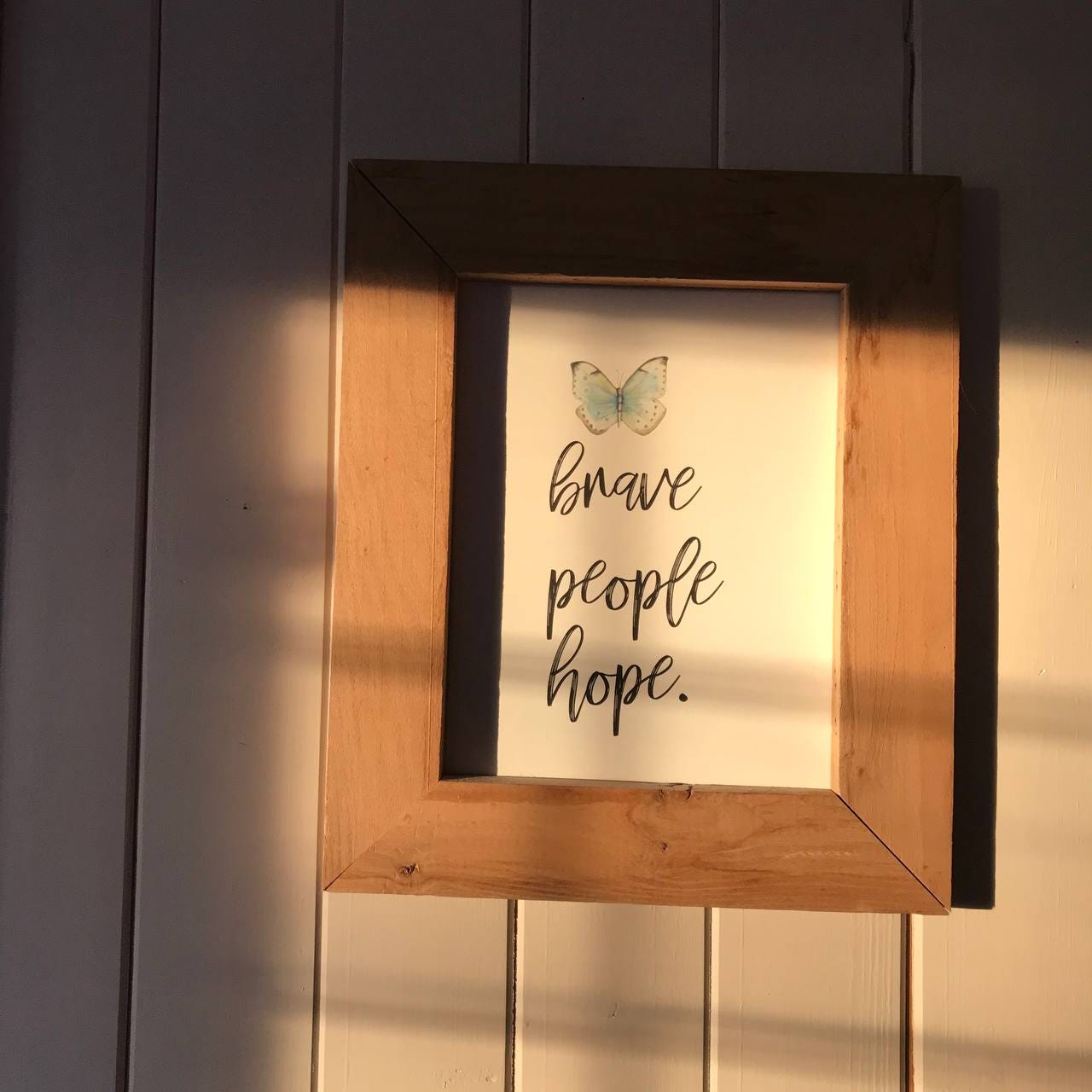
If we are praying, He is working. And He is working anyway, even when we’re too weak or distracted or exhausted or, or, or…because it’s not about our feelings.
For we know that the whole creation has been groaning together in the pains of childbirth until now. And not only the creation, but we ourselves, who have the firstfruits of the Spirit, groan inwardly as we wait eagerly for adoption as sons, the redemption of our bodies. For in this hope we were saved. Now hope that is seen is not hope. For who hopes for what he sees? But if we hope for what we do not see, we wait for it with patience.
Likewise the Spirit helps us in our weakness. For we do not know what to pray for as we ought, but the Spirit himself intercedes for us with groanings too deep for words.
– Romans 8:22-26
The tantrum continued all the way into town and finally stopped in the parking lot. We completed our appointment, went back home, assigned consequences, and moved on with the day.
A couple hours later I was chatting with a friend on the phone.
“I have a word for you,” she said. “Keep going. I’m not sure what that means, but I clearly hear that for you.” She didn’t know I had said the same thing in different words in my journal earlier that day, or that I had pondered a 180 on the highway just a few hours ago.
Just keep pushing the pen across the paper, Love. The words will come. And now, as I type this, I’m on page 370 in the journal. Just a few pages to go before this one is filled, and I’ll need to start a new one.
How did I get to page 370? The same way we got to the new year, and the same way we got to every year before this one: We kept going.
We just keep pushing the pen, filling the pages in front of us. We trust, and wait, and persevere, whether anyone notices or not.
Want more posts like this, right to your inbox? Subscribe here.

